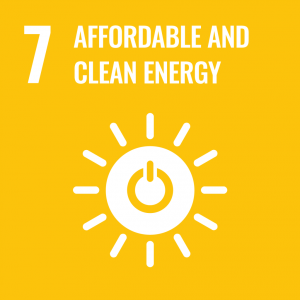“After water and food, energy is one of the key enablers of human life. Energy is central to nearly every major challenge and opportunity the world faces today and access to energy for all is essential. But energy needs to be available and affordable to all to allow future development, and it needs to be clean in order to ensure that the development can be sustainable.”
The real steps taken by FEB UI in order to reduce carbon and emissions are reducing parking lots, later reducing vehicles to campus which has an impact on reducing gas emissions. This is one of the processes for carbon management and reducing carbon dioxide emissions.
–
–
FEB UI consistently has an energy efficiency plan to reduce overall energy consumption, with the adjustment of the Rector’s Decree number 1310 of 2011 which regulates policies related to the use of electronic goods as efficiently as possible for energy savings.
–
–
–
FEB UI consistently promotes public promises of 100% renewable energy outside the university, such as the implementation of solar panels.
–
–
–

